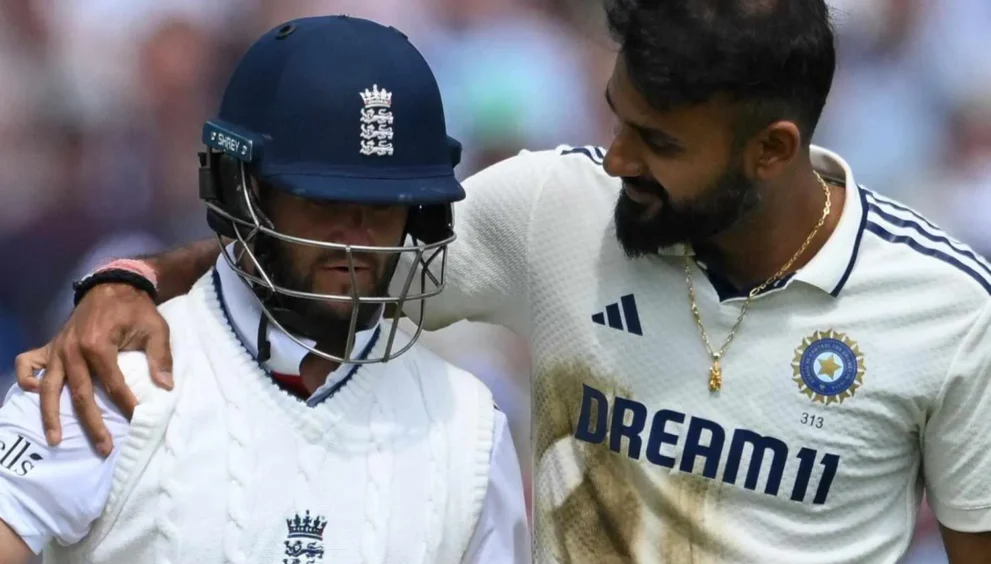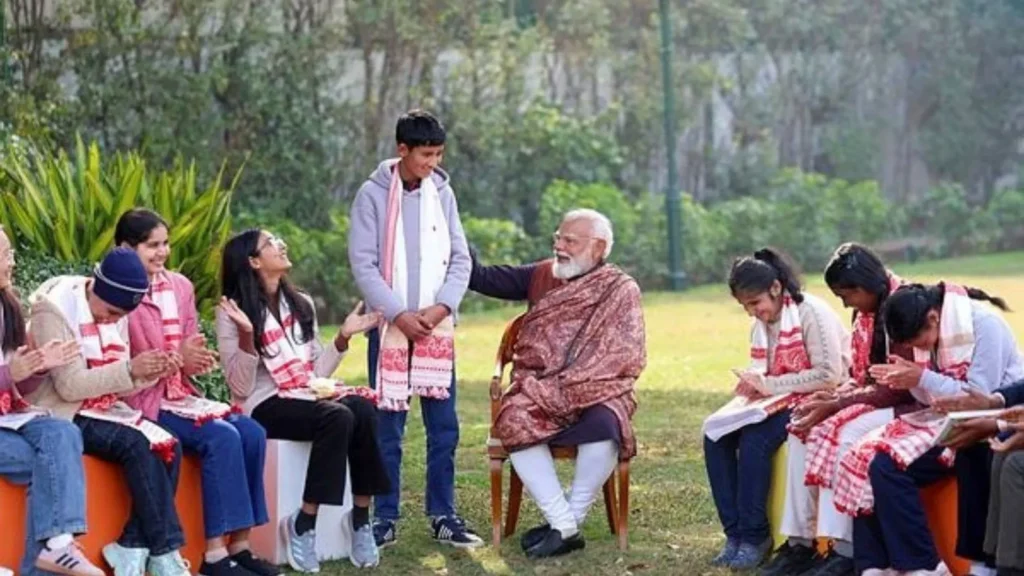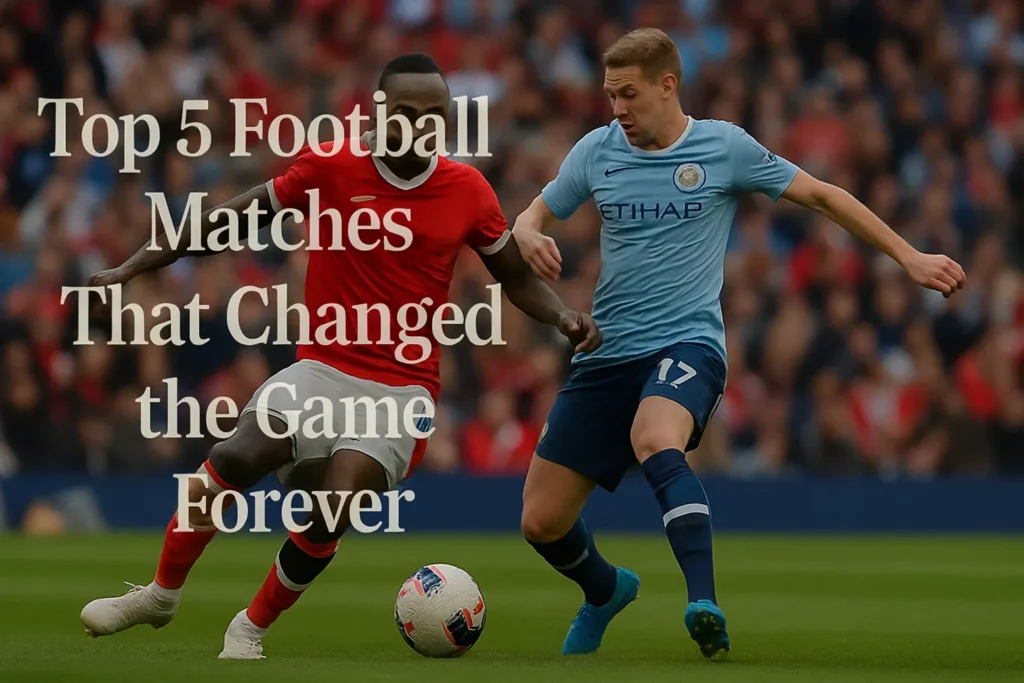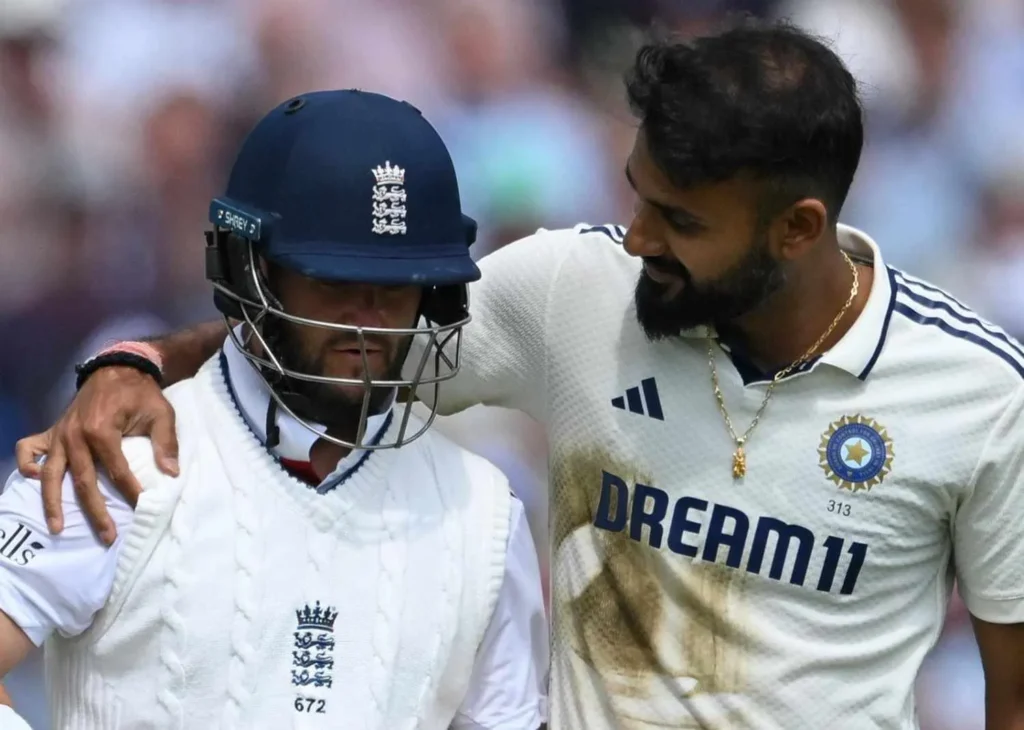How to Learn Web Development in 2026 :
Feb 23, 2026Duckett’s coach calls for ICC action on Akash Deep’s gesture

Introduction
The heat of the Anderson–Tendulkar Trophy between India and England culminated in a stirring finale at The Oval. England’s Ben Duckett, who scored a series-high 462 runs at an average of 51.33, found himself at the centre of controversy following a rare moment that captured the attention of commentators, coaches, and cricketing purists alike. After Akash Deep dismissed Duckett in England’s first innings, the Indian pacer placed his arm around Duckett’s shoulder—a gesture that rapidly drew criticism, and led Duckett’s childhood coach to call for ICC disciplinary action. This blog explores the incident, reactions from cricketing figures, and what it means for sportsmanship and on-field conduct.
The Incident Unfolds
During Day 2 of the fifth Test at The Oval, Duckett had begun aggressively, reverse-sweeping and charging good-length deliveries, especially against Akash Deep. Following a spirited opening, Duckett vowed he wouldn’t be dismissed by Deep. But cricket turned the tables: Duckett edged one to the keeper, providing India with a much-needed breakthrough. As Duckett made his way off, Akash Deep walked up, placed his arm around Duckett’s shoulder, and exchanged words—with a smile—in what appeared to be a light-hearted gesture. However, what might have been seen as banter sparked swift backlash.Hindustan TimesTalksportThe Times of India
Reactions from Cricketing Fraternity
The response was emphatic and immediate. England assistant coach Marcus Trescothick deemed the gesture “strange” and “unnecessary,” emphasizing that such physical interaction after a dismissal crosses a line. “Your job is done,” he noted, joking that players from his era might have replied with a more aggressive reaction.Cricket Times
Former players and pundits, including Ricky Ponting and Jarrod Kimber, echoed the sentiment. On talkSPORT, Jones Norman called the act “silly,” anticipating trouble for Deep, while Kimber argued the power dynamic had shifted post-dismissal and such gestures are frowned upon. Fans on social media labeled it “abysmal” and “embarrassing.”Talksport
Duckett’s Coach Speaks Up: Calls for Sanction
Most notably, Ben Duckett’s childhood coach James Knott reached out to the ICC, urging them to consider disciplinary action. Though he dismissed personal offense, Knott insisted that a sanction was necessary to deter young cricketers from repeating such behavior. “It was part of a competitive series but certainly needs a sanction to discourage youngsters. At the same time, it doesn’t bother me personally,” he told Times of India.The Times of IndiaNDTV Sportsrevsportz.in
Knott also shed light on Duckett’s strengths—his unconventional shots, left-handed prowess, and scrappy yet powerful style—that make him a challenging opponent. He highlighted how Duckett evolved through the ranks with balanced aggressiveness and technique—a reminder that success often comes with discipline.The Times of Indiarevsportz.in
The ICC’s Dilemma: Should They Step In?
This incident raises broader questions: Should sports authorities intervene in gestures deemed excessive? Cricket is known for its on-field battles, but there’s an unspoken code of respect—particularly when physical contact is involved. While player exuberance is expected, deviations into mockery challenge the spirit of the game.
The ICC has protocols for “send-off” actions and unsportsmanlike conduct. If they choose to act, it would mark a firm stance on maintaining decorum. On the other hand, a decision not to sanction might suggest that such expressions, while unorthodox, are part of competitive rhetoric.
Context: Intensity in the Series
This wasn’t an isolated flashpoint. The series, which ended in a 2–2 draw, was riddled with tension—from verbal exchanges between Joe Root and Prasidh Krishna to clashes involving KL Rahul and officials. The Oval incident merely added fuel to an already fire-lit narrative.Cricket TimesTalksport
Akash Deep, emerging as a fierce contender, has shown both talent and temperament. This Send-off, while brief, may overshadow his on-field exploits if not addressed. The ICC’s response could set precedence—defining limits for future collisions of aggression and respect.
Sportsmanship: Balancing Passion and Respect
Cricket thrives on its emotional battles, and players often use banter as a psychological tool. But physical gestures—especially post-dismissal—enter murky territory. The line between asserting dominance and overstepping boundaries is thin.
From an Indian cricketing culture perspective, such actions might be seen as assertive—rooted in confidence, not malice. Yet, in a global context, interpreting intent can be tricky. The ICC, therefore, faces a delicate task: discourage coercive displays without sterilizing beloved on-field intensity.
Conclusion
Akash Deep’s celebratory gesture toward Ben Duckett has ignited a vital conversation—one that tests the boundaries of sportsmanship and competitive expression.
- What happened: After dismissing Duckett, Akash put his arm around the batter—a move widely labeled as uncalled for.
- Reactions: From Trescothick’s lament to fans calling it embarrassing, the gesture earned instant criticism.
- Coach’s stance: James Knott, Duckett’s coach, called for ICC action to teach young cricketers restraint.
- What lies ahead: ICC’s decision—or indecision—could shape future discourse on competitive etiquette and respect in cricket.
Ultimately, cricket’s beauty lies in its fierce rivalries and respect for tradition. As fans and officials await the ICC’s verdict, one thing is clear: this is more than a gesture—it’s a moment prompting reflection on how much is too much in the pursuit of glory.












































